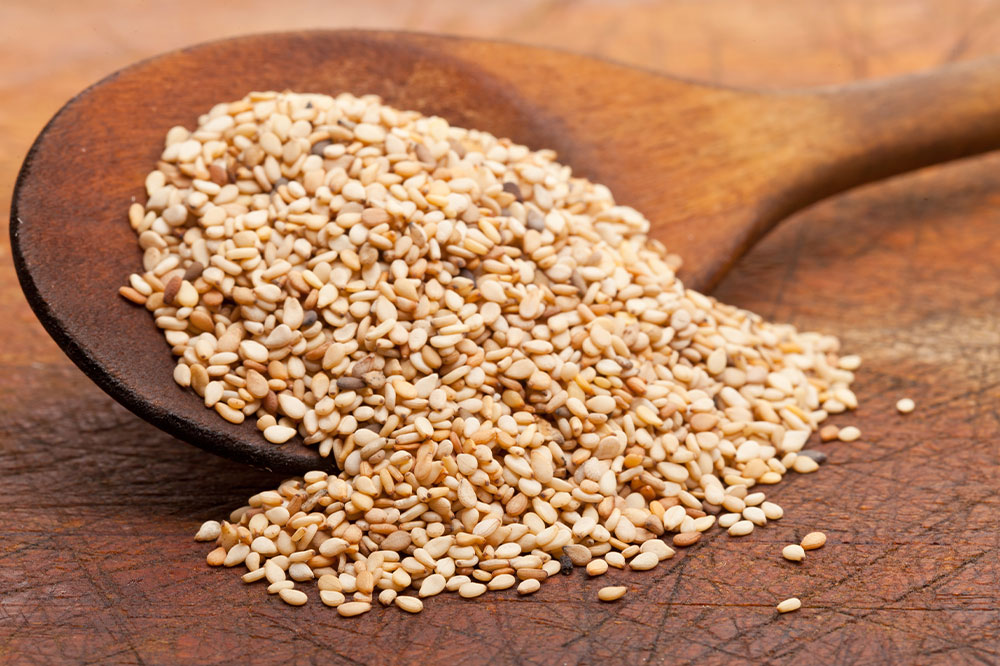Comprehensive Dietary Guidelines to Support Schizophrenia Management and Improve Overall Well-Being
This comprehensive guide provides detailed dietary strategies to support individuals living with schizophrenia. Emphasizing the importance of nutrient-rich foods such as fruits, vegetables, omega-3 fatty acids, and essential minerals, it offers practical advice on foods to include and avoid. The article highlights the role of nutrition in alleviating symptoms, improving mental health, and reducing associated health risks like obesity and cardiovascular disease. Tailored dietary recommendations aim to enhance overall well-being and complement traditional treatment methods, emphasizing a holistic approach to managing schizophrenia effectively.

Effective Nutritional Approaches for Managing Schizophrenia Symptoms
Living with schizophrenia presents unique challenges not only related to mental health but also concerning physical well-being. Emerging research emphasizes the significant role that nutrition plays in managing symptoms and enhancing quality of life for individuals affected by this complex mental disorder. In particular, dietary habits that promote balanced blood sugar levels, support brain health, and reduce risks of comorbid conditions can be instrumental. This comprehensive guide aims to provide detailed nutritional advice, highlighting key foods to incorporate and those to avoid to optimize mental health outcomes alongside traditional treatments.
Optimal Foods to Include in a Schizophrenia-Friendly Diet
Fruits for Fiber and Antioxidants
Fruits such as apples, pears, berries, and citrus fruits serve as rich sources of dietary fiber, antioxidants, and essential vitamins. These nutrients support digestive health, reduce inflammation, and help maintain stable cholesterol levels. For individuals with schizophrenia, increasing fruit intake can also counteract side effects of medications that may lead to weight gain or metabolic issues, thereby improving overall health and resilience.
Vegetables for Nutrient Density and Mental Wellness
Vegetables like leafy greens (spinach, kale), asparagus, carrots, and beans provide a wealth of vitamins (such as folate and vitamin K), minerals (potassium and magnesium), and dietary fiber. Folate-rich foods, such as spinach and beans, are particularly noteworthy because studies suggest that folate deficiency may correlate with worsened schizophrenia symptoms. Adequate vegetable consumption helps regulate blood sugar, reduce inflammation, and support optimal brain function, which is critical in managing mental health conditions.
Inclusion of Healthy Fats and Brain-Boosting Nutrients
Omega-3 Fatty Acids from Fatty Fish
Omega-3 fatty acids are essential fats primarily found in fatty fish like salmon, mackerel, sardines, and trout. These fats play neuroprotective roles by supporting cell membrane integrity, reducing inflammation, and potentially alleviating schizophrenia symptoms. Since the body cannot synthesize omega-3s, dietary intake is crucial. For vegetarians or those with seafood allergies, walnuts, chia seeds, flaxseeds, and omega-3 supplements prescribed by healthcare providers serve as effective alternatives.
Shellfish and Bivalves for Vital Vitamins and Minerals
Crabs, oysters, mussels, and clams are rich in zinc, vitamin B12, and other micronutrients essential for neurological function. Zinc has been linked to immune support and cognitive health, while vitamin B12 deficiencies are associated with psychiatric symptoms. Including these foods regularly can help address potential nutrient gaps that influence mental health stability.
Foods and Substances to Limit or Avoid for Better Mental and Physical Health
Wheat, Gluten, and Potential Sensitivities
Some individuals with schizophrenia may experience sensitivities or adverse reactions to gluten-containing grains like wheat, which can aggravate mental health symptoms. Transitioning to gluten-free options such as rice, corn, quinoa, or buckwheat may provide symptom relief. However, consultation with a healthcare professional or dietitian is recommended before making significant dietary changes.
Refined Sugars and Processed Foods
High consumption of refined sugars found in candies, pastries, sodas, and processed snacks can lead to spikes in blood sugar levels, insulin resistance, and increased risk of metabolic syndrome. These factors can complicate schizophrenia management and contribute to weight gain, diabetes, and cardiovascular disease. Reducing sugar intake, prioritizing whole grains, and choosing minimally processed foods support better metabolic health and help in symptom management.
In conclusion, adopting a balanced, nutrient-rich diet tailored for individuals with schizophrenia can augment traditional treatment approaches and promote overall well-being. While dietary changes alone are not a cure, they form an important component of a holistic strategy aimed at improving mental health resilience, reducing comorbid health risks, and enhancing quality of life. Consulting healthcare professionals and dietitians can help personalize dietary plans to meet individual nutritional needs and support long-term mental and physical health goals.





